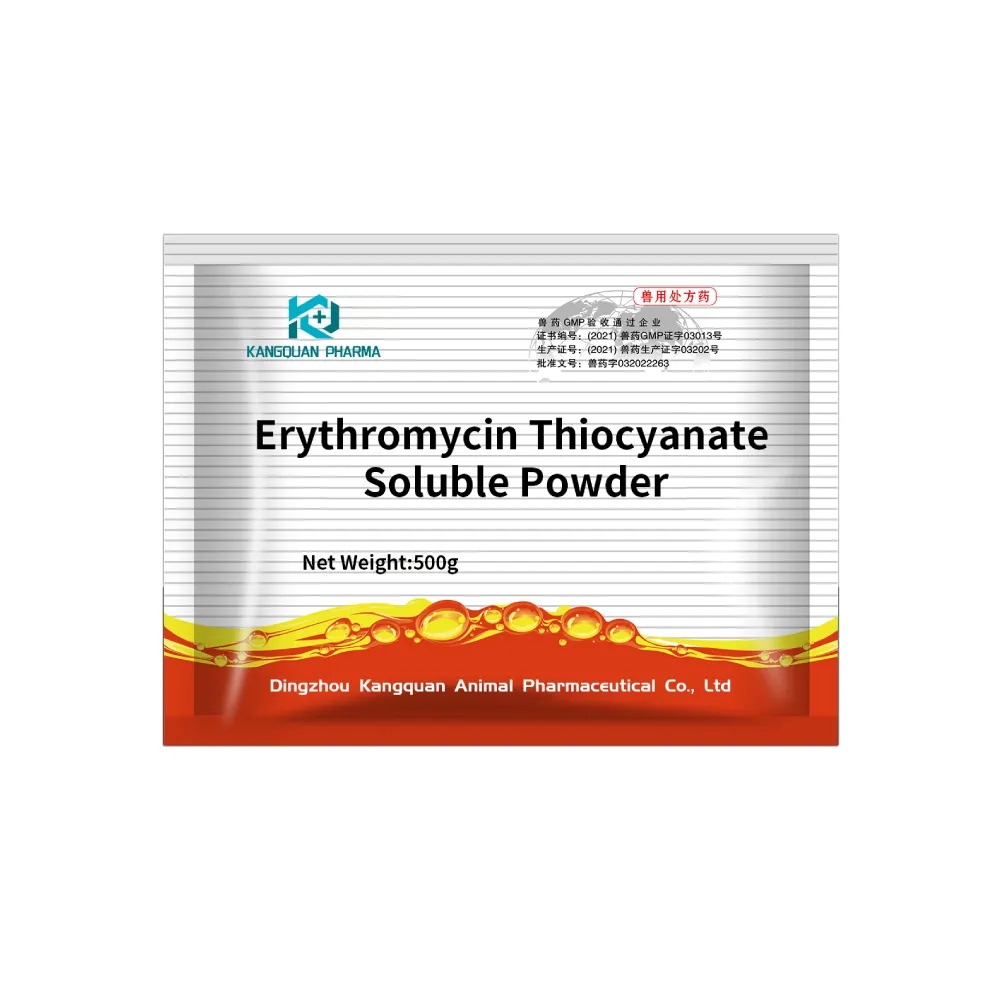- Afrikaans
- Albanian
- Amharic
- Arabic
- Armenian
- Azerbaijani
- Basque
- Belarusian
- Bengali
- Bosnian
- Bulgarian
- Catalan
- Cebuano
- Corsican
- Croatian
- Czech
- Danish
- Dutch
- English
- Esperanto
- Estonian
- Finnish
- French
- Frisian
- Galician
- Georgian
- German
- Greek
- Gujarati
- Haitian Creole
- hausa
- hawaiian
- Hebrew
- Hindi
- Miao
- Hungarian
- Icelandic
- igbo
- Indonesian
- irish
- Italian
- Japanese
- Javanese
- Kannada
- kazakh
- Khmer
- Rwandese
- Korean
- Kurdish
- Kyrgyz
- Lao
- Latin
- Latvian
- Lithuanian
- Luxembourgish
- Macedonian
- Malgashi
- Malay
- Malayalam
- Maltese
- Maori
- Marathi
- Mongolian
- Myanmar
- Nepali
- Norwegian
- Norwegian
- Occitan
- Pashto
- Persian
- Polish
- Portuguese
- Punjabi
- Romanian
- Russian
- Samoan
- Scottish Gaelic
- Serbian
- Sesotho
- Shona
- Sindhi
- Sinhala
- Slovak
- Slovenian
- Somali
- Spanish
- Sundanese
- Swahili
- Swedish
- Tagalog
- Tajik
- Tamil
- Tatar
- Telugu
- Thai
- Turkish
- Turkmen
- Ukrainian
- Urdu
- Uighur
- Uzbek
- Vietnamese
- Welsh
- Bantu
- Yiddish
- Yoruba
- Zulu
7 月 . 30, 2024 06:09 Back to list
Exploring the Applications and Benefits of Injectable Ivermectin in Veterinary Medicine and Beyond
Ivermectin Injectable A Comprehensive Overview
Ivermectin, an antiparasitic agent, has gained significant attention in both veterinary and human medicine due to its efficacy in treating various parasitic infections. Initially developed in the late 1970s, it has proven to be a game-changer in the field of parasitology. The injectable form of ivermectin offers unique advantages and therapeutic potentials, making it a critical component in the fight against parasitic diseases.
Mechanism of Action
Ivermectin works by binding to glutamate-gated chloride channels and other ion channels in the nerve and muscle cells of parasites. This leads to hyperpolarization of the cell membranes, resulting in paralysis and eventual death of the parasites. Its broad-spectrum activity against nematodes, arthropods, and some protozoa makes it particularly useful in treating a variety of conditions, ranging from strongyloidiasis to scabies.
Applications in Veterinary Medicine
In veterinary medicine, ivermectin is primarily used for the prevention and treatment of parasitic infections in livestock and companion animals. The injectable form allows for deeper tissue penetration and a prolonged duration of action, making it ideal for use in larger animals such as cattle, horses, and pigs. It is effective against a range of parasites, including gastrointestinal roundworms, heartworms, and external parasites such as lice and mites. The ease of administration via injection also reduces the stress associated with oral dosing in animals, promoting better compliance and ensuring proper dosing.
Human Use and Safety
While ivermectin is predominantly known for its veterinary applications, it has also been utilized in human medicine, particularly in the treatment of onchocerciasis (river blindness) and lymphatic filariasis. The injectable formulation is less common for human application compared to oral forms; however, it may be indicated in specific cases where quick action is needed or when patients cannot take medication orally.
ivermectin injectible

The safety profile of ivermectin is well-established, with common side effects being mild and temporary, including dizziness, nausea, and mild skin reactions. However, concerns have been raised about potential toxicity when administered inappropriately or in higher doses than recommended. Therefore, healthcare providers must assess the benefit-risk ratio and follow established guidelines when using ivermectin in human patients.
Controversies and Misuse
The use of ivermectin in humans, particularly in the context of viral infections such as COVID-19, has spurred much debate. Despite its popularity, scientific evidence supporting its efficacy against viral pathogens remains inconclusive. Misuse and self-medication led to an increase in adverse effects and calls for better education regarding the appropriate use of ivermectin. Only approved indications should be considered, and healthcare providers must guide patients accordingly.
Future Research and Developments
Ongoing research aims to uncover new therapeutic uses for ivermectin, particularly in the realm of viral infections and cancer. Moreover, the development of new formulations, including long-acting injectables, may further enhance its utility. As scientists explore the full potential of ivermectin, its role within global health initiatives to combat neglected tropical diseases will likely continue to expand.
Conclusion
Ivermectin, especially in its injectable form, remains a vital tool in the arsenal against parasitic infections in both humans and animals. Its effectiveness, safety, and ease of use make it indispensable in treating various diseases. However, it is essential to use this medication judiciously and ensure that it is administered within the framework of established medical guidelines. Continued research will not only reinforce its role in existing therapeutic areas but may also open doors to new applications in conventional and experimental medicine.
-
The Power of Radix Isatidis Extract for Your Health and Wellness
NewsOct.29,2024
-
Neomycin Sulfate Soluble Powder: A Versatile Solution for Pet Health
NewsOct.29,2024
-
Lincomycin Hydrochloride Soluble Powder – The Essential Solution
NewsOct.29,2024
-
Garamycin Gentamicin Sulfate for Effective Infection Control
NewsOct.29,2024
-
Doxycycline Hyclate Soluble Powder: Your Antibiotic Needs
NewsOct.29,2024
-
Tilmicosin Premix: The Ultimate Solution for Poultry Health
NewsOct.29,2024













